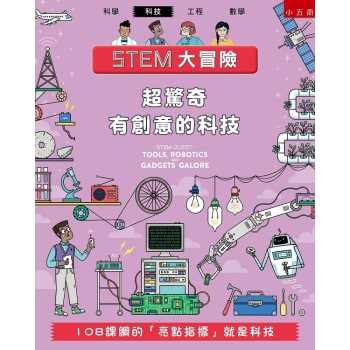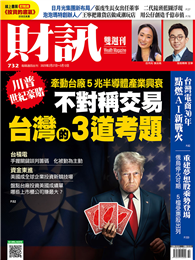This book examines Romania’s efforts to consolidate liberal democracy and market economy, as desired by the generation who effected change in 1989 and required by the European Union. The ousting of Nicolae Ceausescu, leader of an autarchic and nationalistic dictatorship, underscored the limitations of politically engineering change when rule of law is weak, institutions are misused, and intolerance and cheating are prevalent. Despite initial hopes, Romania’s transition combined progress and stagnation, missed opportunities, detours, unintended consequences, and success. The contributions illustrate the tenuous relationship between continuity and change in a country that is yet to catch up with its neighbors.












